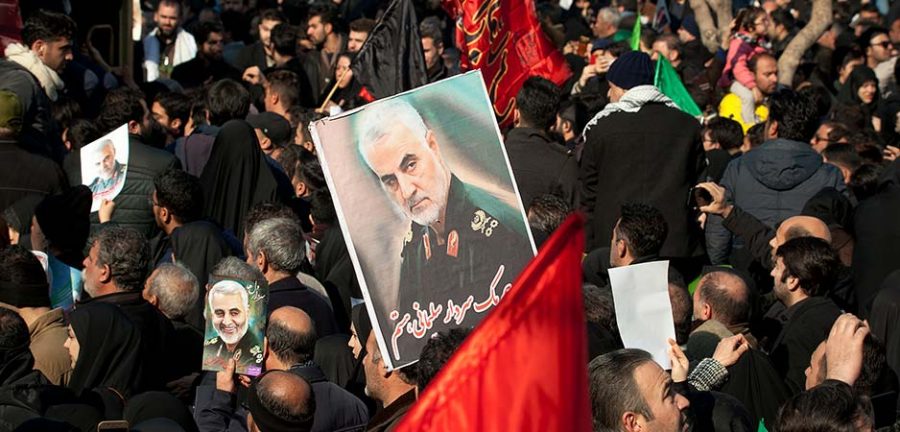Impeachment – Does it Affect a President’s Power?
March 3, 2020
Impeachment is a loaded word.
In general, when considering this word, people think that when a president is impeached, they’re powers are immediately revoked. This simply isn’t the case, as both houses of Congress, the Senate and the House of Representatives, have to go through an entire political process to come to any sort of consensus. This is evidence of the checks and balances system, that keeps one branch of government from running amok with power.
President Trump was impeached by the House of Representatives on December 18th. He can only be completely removed from office, and the presidency handed off to Mike Pence, if two-thirds of the Senate votes against him. This is unlikely to happen, since the overwhelming majority of the Senate is Republican, and they are putting all their faith in Trump for the 2020 election.
However, since the House does hold half the power the Senate does, Trump is still technically considered “impeached”. Interestingly, he recently imposed an executive order to bomb Iran’s military leader Qassem Soleimani, which objectively, could be taken as a declaration of war. This begs the questions: what can the president do while under impeachment scrutiny?
According to Eleanor Roosevelt government teacher Mr. Matthew Levi, “Technically the president can do any of his signed duties until he is removed from office…he is impeached right now…he had the attack with Iran, he was under impeachment at that time, it’s not stopping him doing any of his responsibilities, he’s still the president until he’s still the president.”
So it seems that in a basic sense, Trump has retained full presidential powers, because the impeachment process has not been completed, and seems to not be nearing its end unless the Senate has a change of heart. Fortunately, President Trump is still subject to U.S. laws, and in accordance, the War Powers Act. This document was created after the Vietnam War as a way to “insure that the collective judgment of both the Congress and the President will apply to the introduction of United States Armed Forces into hostilities…”. This means that Trump cannot legally declare war without going to Congress first.
Politically active Eleanor Roosevelt student Jonah Valverde adds that presidents in the past have been able to work around the War Power Act in order to achieve their own agenda. He claims that the War Powers Act includes “a bunch of stipulations about how they had to approve troop movements…and money and troops couldn’t be in certain places without a declaration of war for a certain period of time.” However, presidents in the “digital age” have “been able to sort of circumvent the War Powers Act, like Barack Obama used drone strikes, and some of them weren’t approved by Congress.”
During a time of tension, especially when a president might want to prove themselves because they are under constant scrutiny, who knows what loopholes will be put to use. At a time of such political division, it is pertinent that the president respects the political process, and waits for Congress’s approval when making hugely impactful decisions, like war with Iran.




